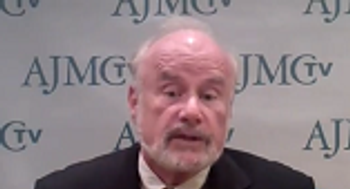
Robert Berenson, MD, FACP, Institue Fellow, Health Policy Center, Urban Institute, states that the development of new care delivery models will not happen overnight. There is time before expectations are put into specific quality metrics and regulations for models such as patient-centered medical homes and accountable care organizations.






